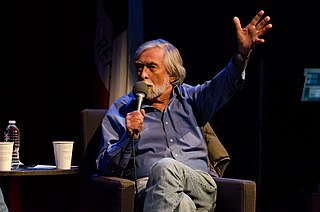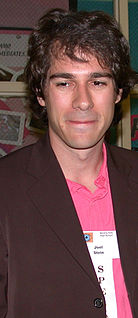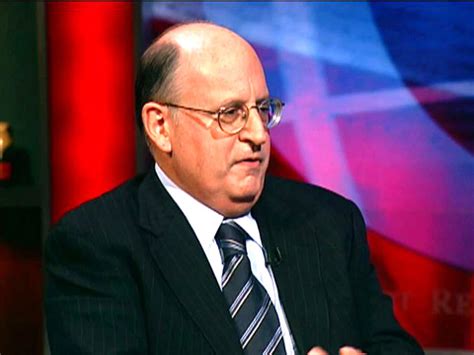A Quote by Anna Quindlen
One of the things that got me on this topic for this book was that when I was researching the column I wrote in 2009 saying that I was stepping down from my column at "Newsweek" because I wanted to make room for newer, fresh voices out there, I discovered that in the year I was born, 1952, the average life expectancy of an American was 68. I was shocked by that figure and every time I mention it I hear a gasp from somebody in the crowd. Now, of course, we're more or less at 80, so that means that we've gotten 12 additional years.
Quote Topics
Additional
Age Life
American
Average
Average Life
Because
Book
Born
Column
Course
Crowd
Discovered
Down
Every
Every Time
Expectancy
Figure
Fresh
Got
Gotten
Hear
Less
Life
Life Expectancy
Make
Me
Means
Mention
More
More Or Less
Now
One Of The Things
Out
Researching
Room
Saying
Shocked
Somebody
Stepping
Things
Time
Topic
Voices
Wanted
Wrote
Year
Years
Related Quotes
I got a letter one day from somebody saying, `You're always criticizing the press. Why don't you talk about what Clay Felker is doing to your own paper [The Voice]?' And my 10-year-old son Tom, now with Williams & Connelly, put in a legal opinion, not - an opinion from the back of the car saying, `You know why? What are you, afraid?' So I wrote the column. I - you know, - the column simply said that Felker is destroying this paper.
I started doing drag in Seattle because I started doing my column before I moved here, and then moved here and wanted to be able to go out and do things as Dan Savage without being recognized the next day, because the column was just in Seattle and it was kind of a sensation and I was beating people up. I was really worried and I didn't want to beat somebody up in a column and have that person know what I look like when I didn't know what they looked like.
I had written a lot about my dog dying before. I wrote a newspaper column about it and it turned out to be the most popular column I'd ever written. That and the lame Joni Mitchell column I did. But the dog column, my god! People love dogs. Anybody who writes regularly should know, when in doubt: dogs! If you're a columnist, when in doubt, write a column about the culture of narcissism - like a scolding column about the culture of narcissism - or write something about dogs. That's the homerun in my take.
Greek architecture taught me that the column is where the light is not, and the space between is where the light is. It is a matter of no-light, light, no-light, light. A column and a column brings light between them. To make a column which grows out of the wall and which makes its own rhythm of no-light, light, no-light, light: that is the marvel of the artist.
I felt ugly, chubby, and stupid until I talked to my mom about it and she had me do a very good exercise that I recommend to every girl. She had me take a piece of paper and write down everything I liked and everything that I didn't like about my body and my life. By the end of the exercise, I realized that I had so many more things in my likes column. It showed me that while there are a few things in my dislikes column, I was giving ALL my attention to those few things!
Somebody said, "Well, you're going to write your definitive book about your life, biography." No, I'm not. I haven't done that. I wrote a book of letters which gives an insight into the real me as opposed to the public perceptions of me. But I'm convinced historians will figure out the things we got wrong and hopefully the things we got right.
At the same time that you've got to open yourself up to the fact that experience is going to teach you year after year, decade after decade. I remember I very badly wanted to write a newspaper column when I was only 21 years old, and I went to my editor and told him that, and he said, "You're a really good writer, but you haven't lived long enough to be qualified to live out loud."
This is a column collection, or as one colleague called it, "history in real time," recounting my perspective on the highs and lows of this presidency from an African-American perspective. More than simply a column collection, the book has a substantial introduction that frames the [Barack] Obama presidency, explores the way Obama was treated by the political establishment and also how this first black president treated "his" people. In the epilogue, I use numbers to tell the story of African-American gains and losses during this presidency.






























